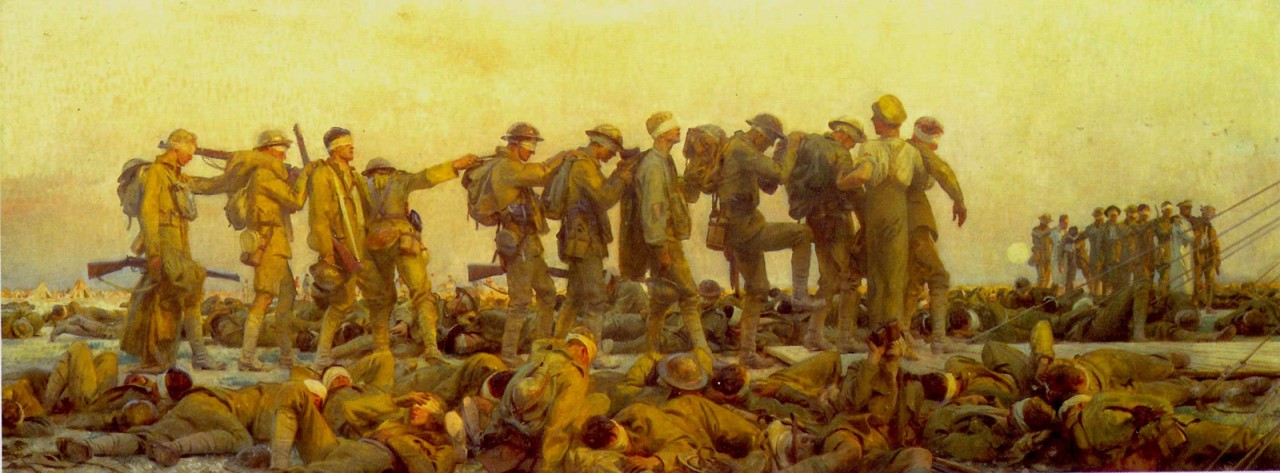I’m afraid this opinion piece is doomed to be unfashionable, and not just because it’s a week too late to actually be topical. It’s doomed because any serious conversation about Remembrance and the ornaments attached to it, is doomed to be thrown either on the patriotic pile, or the leftist, anarchist loon pile.
I have two distinct beefs with Remembrance in 21st century Britain, the first being that it’s started discouraging actual remembrance (‘Remembrance’, a period of flower wearing and patriotism being distinct from ‘remembrance’, contemplating the tragic events of the past). For me this is reminiscent of Stanley Kubrick’s criticism of a certain Spielberg film about the holocaust. ‘Schindler’s list is about success, the Holocaust was about failure’. The movie was wildly successful precisely because it took focus away from the deaths of millions of people and told a romantic story about one man’s efforts to fight his corner. Whilst we all know how important it is to contemplate history’s great lessons, the world wars being chief among them if only through recency, we prefer to look for the nice bits rather than think about the sheer scale of the terrible events that created them. Of course this is understandable, but the best way to honour the memory of the dead from these tragedies is not to sugar-coat the pill.
Only by attempting to realise the utter horror of these events can we attempt to realise their overriding message, that such a thing can never happen again. The single greatest message taken away from the war by those involved was that it was ‘the war to end all wars’. By channelling public passion into nice little flowers we can put on to show everyone just how deeply we’re thinking about sacrifice, and that hideously gorgeous Sainsbury’s advert, the message we take away is that humans are great and there’s always hope, even in dark times. Of course this isn’t a false message, or even a harmful one, but when it takes over from true empathy for the desperate circumstances of the servicemen, I think it’s one sugar-coating too many. Remembrance has become a sacred establishment in and of itself that discourages individual, poignant contemplation in favour of diluted sentimentality. This leads us to think less seriously about the wars and projects ideas of hope, humanity and in particular nationalism that were almost completely invisible to the soldiers fighting them.
This is my second beef with Remembrance. It’s used as a way to curry support for politics. I don’t mean the ridiculous way in which politicians have to outdo each other to look the most patriotic, or how it becomes an outrage for any broadcaster not to wear a poppy, despite charity symbols being banned on air. I’m talking about the not-so-subtle conflation of past and current wars. The Royal British Legion presents itself proudly as an organisation for ex-servicemen of all conflicts, completely disregarding just how different those conflicts are.
Whereas the first and second world wars were wars fought relatively defensively, with little chance not to get involved, and by vast numbers of conscripts, modern day conflict is altogether different. Fought halfway across the world with stealth bombers, predator drones and cruise missiles, all participating (on the British side anyway) are doing so by choice, perhaps as a career move or perhaps through the belief that anything the army does must be for the good of humanity. Stoked by the fear of terrorism and an subhuman view of anyone the wrong side of the Mediterranean, modern war is a vindictive thing fought for highly controversial political reasons, and in no way parallel to the conflicts of the past. By tying these issues in with the sacred establishment of remembrance, they get unfair airing as patriotic wars, going some way to exempt them from the scrutiny they deserve.
Of course, none of this is to say that I disrespect veterans, any country or another, or even soldiers fighting in current or recent wars. The message of this piece is simply a challenge. If we really want to learn lessons from the tragedies of the past, and build a more ethical view of war in the future, we need to take a long, hard look at Remembrance, no matter how unfashionable it may be.
